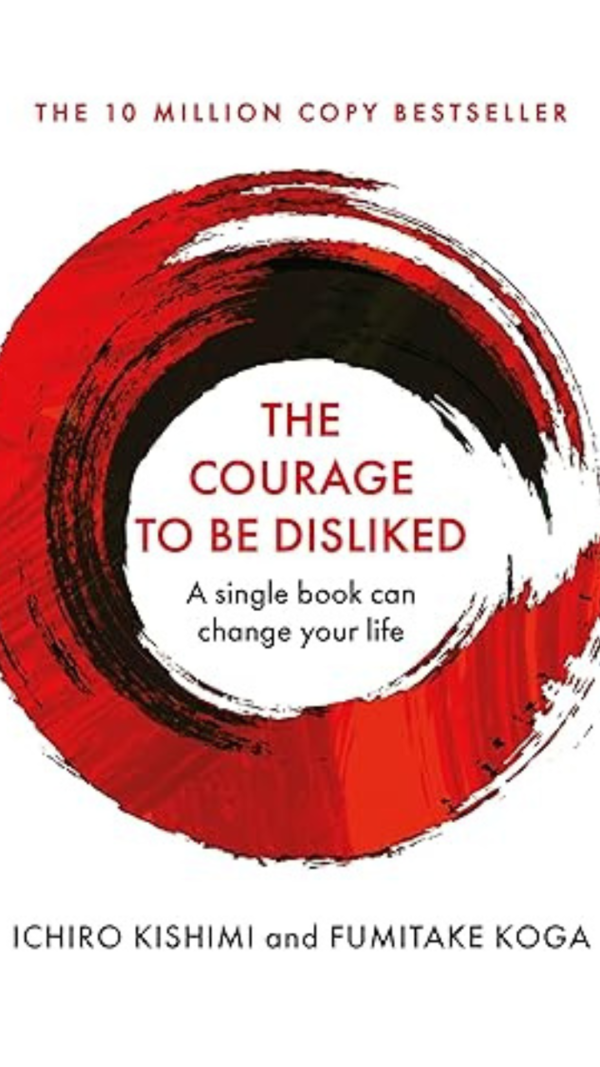- News
- Business News
- India Business News
- RBI cut didn’t lower FD rates: Kotak chief
Trending
RBI cut didn’t lower FD rates: Kotak chief
After 35 years abroad at Citibank and Barclays, Ashok Vaswani, who took over as MD & CEO of Kotak Mahindra Bank 15 months ago, defies the usual expat affectations. Unlike many returnees driven by personal ties, Vaswani was drawn back by a professional challenge — succeeding founder Uday Kotak at the helm. India’s rapid growth and digital infrastructure proved irresistible, offering an opportunity to apply insights gained across five continents. Excerpts:
Another RBI rate cut is expected in April. How do you see the cuts getting passed on?
So far, the rate cuts have not translated into lower deposit rates. Most banks have absorbed the 25-basis-point cut. However, if the total cuts reach 50-75 basis points, we will likely see an impact on term deposit pricing. There should be a lot of activity in the next 6-12 months.
Last year, there was a fight for deposits in the industry. How do you see things this year?

Do you see private investment picking up?
On the private sector side, investment is still muted. At least, I am not seeing any significant change. We are living in a very uncertain world with the US threats of tariffs. Every time there is a big disruption there is also an opportunity. With Europe having to do a lot more, may be, some of the benefits will flow to the Indian economy.
Your two key goals involve enhancing customer service and positioning Kotak among the top three valuable banks. Is there a trade off between the two?
There’s no trade-off. I’m here to build a sustainable, long-term franchise, not for a day under the sun or even a quarter or a year of good results. With RBI controlling my compensation, there is no incentive for quick gains. My focus is on creating a solid institution. Doing right by customers reduces regulatory concerns, improves work environment, and drives business growth. In the past year, addressing customer pain points has already led to fewer complaints, higher satisfaction, and a stronger market presence.
What are the metrics you use to measure customer satisfaction?
Complaints are down year-on-year as we prioritise customer needs. We’ve enhanced private banking and revamped 811 beyond savings to cover payments, investments, protection, and borrowing. As a result, customer engagement has gone up. Next, we aim to expand this approach to mass-affluent, SMEs, and corporates.
With RBI lifting curbs on acquiring customers for digital and credit cards, what’s the next move?
The embargo was a speed bump. We’ll return to previous levels and likely exceed them with better apps and digital journeys. We used to onboard 500,000 customers per month through 811 (digital savings account), and we aim to return to that level. We’re also revamping our credit card propositions and strengthening branch banking.
What will be the approach to unsecured lending and consumer loans?
The over-leveraging cycle is over, loss rates are down, and Standard Chartered’s consumer portfolio acquisition has helped grow our book. We’re revamping our credit card strategy to grow aggressively, targeting 15% of assets in unsecured retail lending while staying cautious on microfinance.
RBI proposes to waive prepayment charges on business loans. How will that impact your lending?
If we build a holistic relationship with the customer, they are likely to stay. Like in any business, there is good and bad cholesterol — some impact is inevitable. But it wont be a game changer.
Would you look at any inorganic opportunities?
We are looking at acquiring where the customer profile matches what we want — affluent customers. We are exploring opportunities in asset management and insurance. Strategic fit, financial impact, and integration effort in terms of management bandwidth and IT and HR integration requirements will guide our decisions.
Stay informed with the latest business news, updates on bank holidays and public holidays.
Master Value & Valuation with ET! Learn to invest smartly & decode financials. Limited seats at 33% off – Enroll now!
End of Article
FOLLOW US ON SOCIAL MEDIA
















